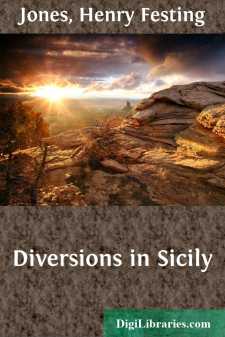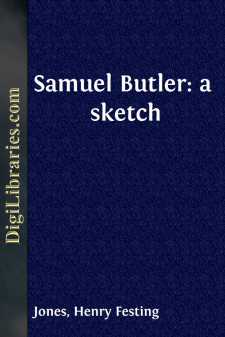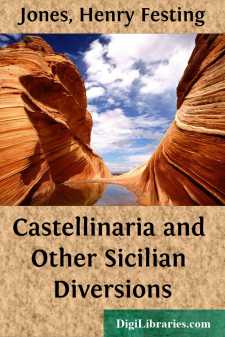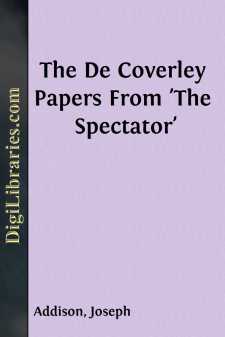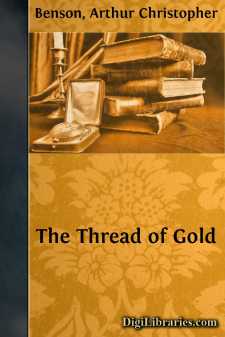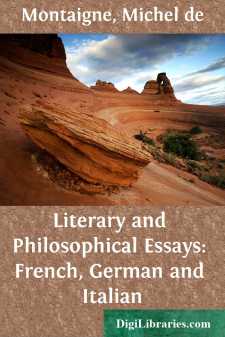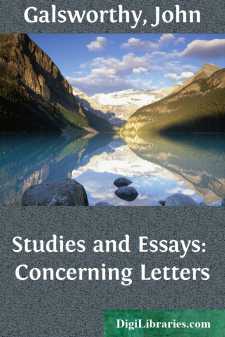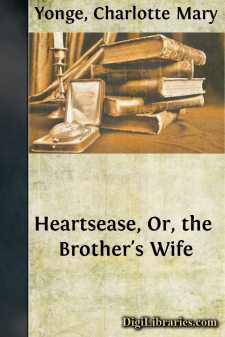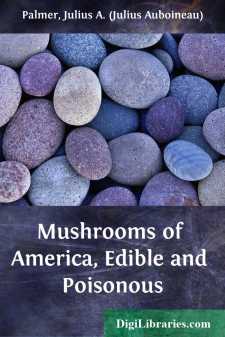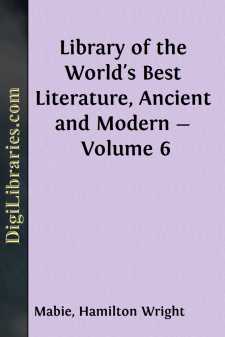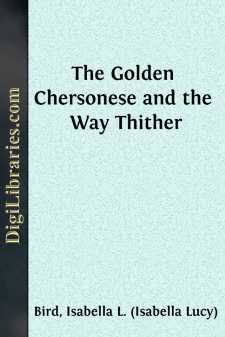Categories
- Antiques & Collectibles 13
- Architecture 36
- Art 48
- Bibles 22
- Biography & Autobiography 813
- Body, Mind & Spirit 142
- Business & Economics 28
- Children's Books 17
- Children's Fiction 14
- Computers 4
- Cooking 94
- Crafts & Hobbies 4
- Drama 346
- Education 46
- Family & Relationships 57
- Fiction 11829
- Games 19
- Gardening 17
- Health & Fitness 34
- History 1377
- House & Home 1
- Humor 147
- Juvenile Fiction 1873
- Juvenile Nonfiction 202
- Language Arts & Disciplines 88
- Law 16
- Literary Collections 686
- Literary Criticism 179
- Mathematics 13
- Medical 41
- Music 40
- Nature 179
- Non-Classifiable 1768
- Performing Arts 7
- Periodicals 1453
- Philosophy 64
- Photography 2
- Poetry 896
- Political Science 203
- Psychology 42
- Reference 154
- Religion 513
- Science 126
- Self-Help 84
- Social Science 81
- Sports & Recreation 34
- Study Aids 3
- Technology & Engineering 59
- Transportation 23
- Travel 463
- True Crime 29
Diversions in Sicily
Description:
Excerpt
CHAPTER I—THE BRIGADIER AND THE LOTTERY
One wet Saturday evening in May I found myself at Castelvetrano consulting Angelo, the guide, about the weather. His opinion was that it would clear up during the night; I said that if it did we would go to Selinunte, and this confirmed his view; so, on the understanding that there was to be no rain, I appointed him padrone of the expedition and promised to acquiesce in all his arrangements.
He was quite right; Sunday morning was brilliantly fine, and at about 8.30 we started. He began by showing me his purchases; he had been out early, marketing, and his basket contained fresh tunny, the first of the season, veal, salame, dried fish, bread and oranges, but no wine; he said we should find that at the locanda, where they would cook the tunny and the veal for us.
Cicciu, our driver, was one of those queer creatures one sometimes meets in Italy. At first I took him to be of feeble intellect, for when I spoke to him or merely looked at him, he shut up his eyes, showed his teeth and covered his face all over with grinning wrinkles; but on knowing him better, I found he was really extremely intelligent and perfectly good. He was about sixteen, but would have passed for twenty. His general appearance was grey, the actual colour of his face, hands and clothes being powdered out of sight by the dust which held all together like a transparent glaze over a painting. He drove us along between flowery fields of cistus until the temples of Selinunte came in sight, then down to the Marinella, a handful of houses on the shore under the low cliff. We drew up at the locanda which distinguished itself by displaying over the door, in a five-ounce medicine bottle, a sample of a cloudy, canary-coloured fluid to advertise the wine Angelo had spoken of, and the forlorn bunch of five or six faded sprigs of camomile which hung on the same hook constituted the bush. We left our basket with instructions and drove off to inspect the acropolis and the ruins, returning in about an hour and a half.
The locanda was an immense, cavernous room divided into front and back by a partition about seven feet high with an opening in the middle. There was no regular window, but we were only a few feet from the sea which reflected the sunshine through the open door and up into the arched roof and illuminated the front part. In the obscurity behind the partition were dim ladders leading up to trap-doors and, through a few holes in the roof and in the end wall, blinding rays of light glinted on piles of earthenware—saucepans, jugs, cups and saucers, coloured crockery lamps, rough basins glazed green inside, heaped up in stacks and protected from one another by straw. There were hanks of rope, fans of hawks’ feathers for blowing the fire, palm-leaf brooms and oil-jars big enough for thieves. There were horns on the walls to keep off the evil eye, prints of the Madonna, some with sprigs of camomile stuck into the frame, a cheapissimo coloured lithograph of S. Giuseppe with the Bambino, and in front of it on a little bracket, in half a tumbler of oil, floated a burning wick. In a corner was the landlord putting his whole soul into the turning about of a sieve full of coffee beans which he had roasted and was now cooling. And everything was covered with a grey dust like the bloom on a plum or like Cicciu....


